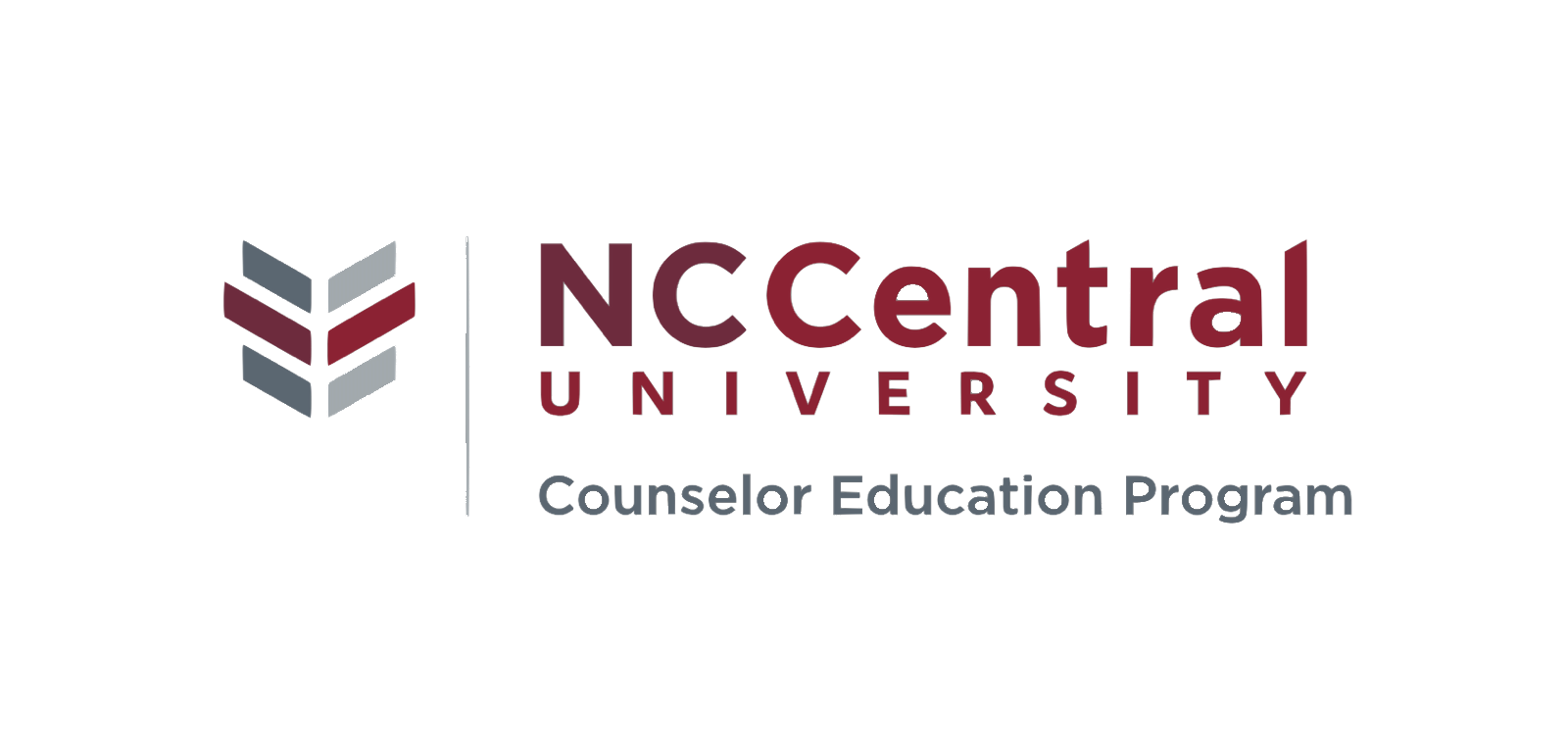MISSION, GOALS, AND OBJECTIVES
COUNSELOR EDUCATION PROGRAM MISSION
The Counselor Education Program prepares counselors to work in clinical mental health, school, and career counseling settings who promote social justice and responsibility, serve as leaders in a diverse and global community, and respond to the complexity of human needs across the lifespan. Faculty is expected to teach and mentor students, serve the community and counseling profession, and promote intellectual advancement through conducting and disseminating research.
Counselor Education Program Objectives:
The program develops counselors who:
-
Develop a theoretically solid philosophy of practice integrating research data into evidence-based practices;
-
Apply knowledge, skills, and dispositions consistent with the ACA Code of Ethics;
-
Formulate a professional identity that responds to the needs of their client populations while utilizing culturally competent practices and appropriate assessment tools and procedures;
-
Act with expertise in individual, group, and family counseling with diverse clients on personal, social, emotional, career, and educational issues that impact development across their lifespan;
-
Develop leadership ability and advocate to meet client needs and to remove individual and systemic barriers to development and consult with other professionals concerning the developmental needs of culturally diverse clients;
-
Build and sustain collaborative partnerships with stakeholders for promoting social justice, equity, and access.
CLINICAL MENTAL HEALTH COUNSELING PROGRAM MISSION
The mission of the clinical mental health counseling program is to prepare counselors who will work in clinical capacities in a variety of mental health settings including agencies, private practice, hospitals, and prisons. The program provides students with comprehensive curricular and supervised experiences for professional licensure with the North Carolina Board of Licensed Clinical Mental Health Counselors and for initial preparation in other mental health counseling specialty areas. This specialization track is 60 semester hours and 3 additional classes are required if the student also desires to become licensed as a clinical addictions specialist. The clinical mental health counseling program may be taken on campus or online with two required campus residencies.
Clinical Mental Health Counseling Program Learning Outcomes:
The program develops clinical mental health counselors who:
- Counsel with cultural competence all individuals, groups, and families and advocate for equity and social justice in a diverse world.
- Apply ethical and legal considerations specifically related to the practice of clinical mental health counseling, including credentials, profession standards, and management of clinical mental health programs.
- Use diagnoses, diagnostic criteria, and diagnostic tools to interview, evaluate, assess, and manage a caseload with assigned clients dealing with mental and emotional disorders.
- Evaluate the impact of crisis, disasters, and other trauma- causing events on people and identify how counselors can tie into emergency management response.
SCHOOL COUNSELING PROGRAM MISSION
The mission of the school counseling program is to prepare school counselors who will demonstrate the professional knowledge, skills, and practices necessary to promote the academic, career, and personal/social development of all K–12 students. The school counseling program provides students with all the curricular and supervised experiences required by the Department of Public Instruction (DPI) for NC licensure as a professional school counselor. Students must successfully pass the Praxis II specialty test in school counseling in addition to completing the 60-hour plan of study in order to be licensed by the DPI. The school counseling program may be taken on campus or online with two required campus residencies.
School Counseling Program Learning Outcomes:
The program develops school counselors who:
- Implement a comprehensive developmental counseling program that is data-driven in elementary, middle, and secondary schools based upon the ASCA National Model.
- Identify and evaluate the academic, career, and personal/social development of all K-12 students, including those with special needs.
- Apply legal and ethical standards related to school counseling and educational policy.
- Counsel with cultural competence all individuals and groups and advocate for an equitable school climate that removes barriers to effective learning.
CAREER COUNSELING PROGRAM MISSION
The mission of the career counseling program is to prepare students to work as career development professionals with people of all ages in a variety of settings. These settings include, but are not limited to, career services delivery in colleges, universities, community colleges, K-12 public and private schools, nonprofit organizations, and private companies. The career counseling program is 60 hours and may be taken on campus or online with two required campus residencies. Graduates of the Career Counseling Program qualify for the Certified Career Counselor credential offered by the National Career Development Association. NCCU is the first CACREP accredited online career counseling program in the United States.
Career Counseling Program Learning Outcomes:
The program develops career counselors who:
- Apply techniques of career development, career counseling, career choice, career programming, and associated information delivery with consideration of personal, family, and cultural differences.
- Organize, administer, and evaluate a data-driven career counseling and development program.
- Identify, select, administer, score, and correctly interpret and report appropriate career assessment tools with clients.
- Apply legal and ethical standards specific to the practice of career counseling.





